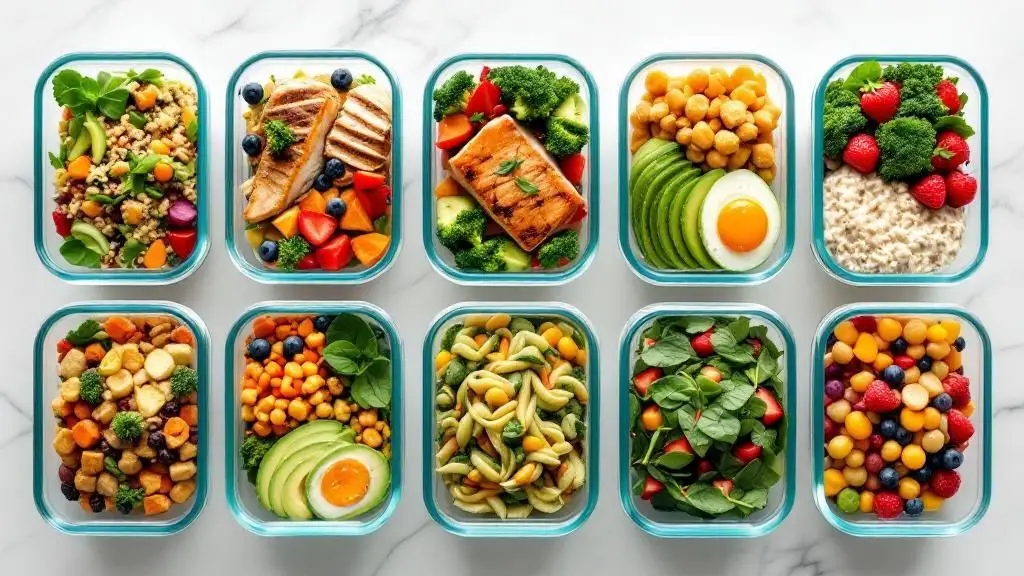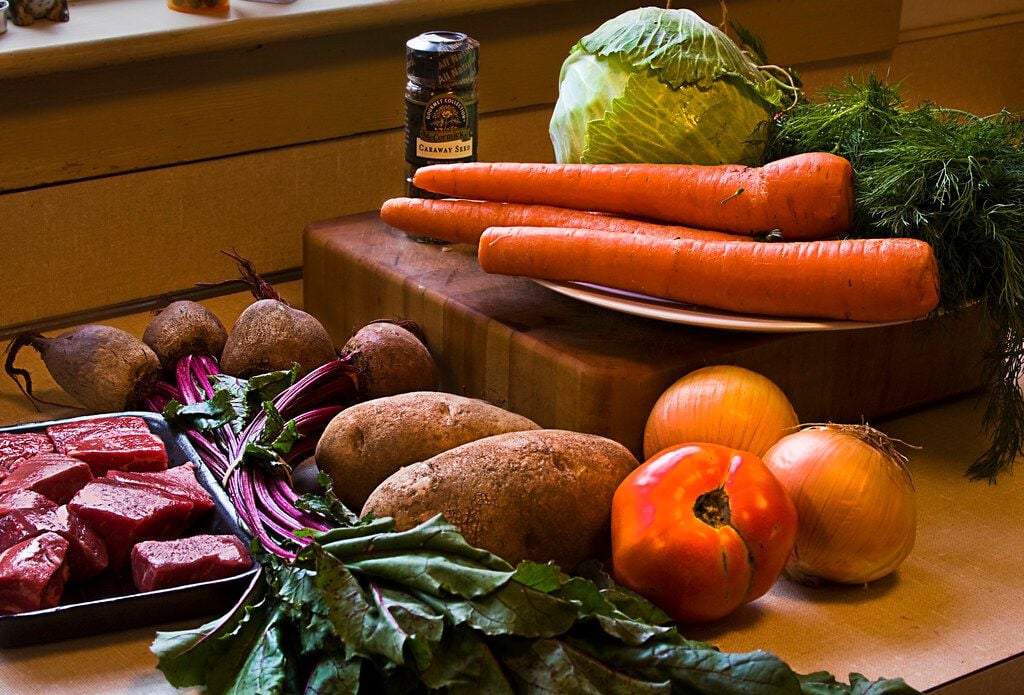
Reviving the Milk Market: The Rise of Fairlife Dairy Products
- Oct 17, 2024
Dairy milk is slowly reclaiming its place in the beverage market after being outperformed by non-dairy alternatives for a considerable period. One brand that seems to be steering this return is Fairlife, whose milk is increasingly noticed in food videos on platforms like Instagram and TikTok.
One cannot miss Fairlife's distinctive bottle with vivid red or blue hues, a subtle hourglass look, and prominently displayed nutrition specifics. There are several selling points elevating the brand's popularity. For instance, the packaging boasts about the product's 50% less sugar and 50% more protein content compared to ordinary milk. Additionally, it's also a lactose-free option. This holds true for all of Fairlife's milk variants, including fat-free, whole, 2% reduced-fat, and chocolate milk. These offerings even contain more calcium than competitors; a Fairlife 2% milk cup contains 380 milligrams of calcium, while similar alternatives have roughly 295 milligrams per cup.
The brand's fans have claimed superior taste quality compared to competitors, describing Fairlife milk as having a richer, creamier flavor. But how can the milk boast of these characteristics while still being regular cow milk? Does it imply the addition of supplements or protein powders?
The answer lies in Fairlife's unique "ultra-filtration" technique used to process its milk, prominently signaled on the front of its bottles. Fairlife's official website doesn't divulge much about the procedure. It merely states, "we flow our milk through special soft filters to concentrate protein and calcium and filter out most of the sugar."
Milk's composition includes water, minerals, lactose, protein, and fats. Through a patented process to divide these elements, Fairlife can recombine them in desired ratios. This application of ultrafiltration technology is described by health and food specialists from South Dakota State University Extension as a tool to produce "designer milk, milk products, and dairy ingredients containing high protein and lower lactose content."
Fairlife doesn't add to the milk but discards undesirables, including water. This allows for a higher concentration of protein and calcium and a stronger flavor due to less dilution.
Yet, the brand's positive nutrition claims haven't translated into a trouble-free reputation. Fairlife, founded and owned by Coca-Cola, has faced public scrutiny since its 2012 launch. In 2014, both companies were criticized for an offensive and sexist advertising campaign featuring women in provocative attire.
In 2022, Coca-Cola settled lawsuits that questioned their claims of sourcing milk from humanely treated cows, paying $21 million. The allegations were in response to documented evidence of animal cruelty at a farm supplying Fairlife milk, although Fairlife no longer associates with this facility.
Undeterred by these incidents, Fairlife continues to gain popularity, with its protein drinks experiencing boosted sales due to the current protein diet coke trend on TikTok.
So, is the Fairlife worth trying? Some personal trials prove their 2% is indeed a tasty proposition with colleagues also recommending their chocolate milk variant. It's a handy option for increased protein intake or lactose-free diets. However, it is always wise to consume mindfully, considering who manufactures and how your favorite products are made.






